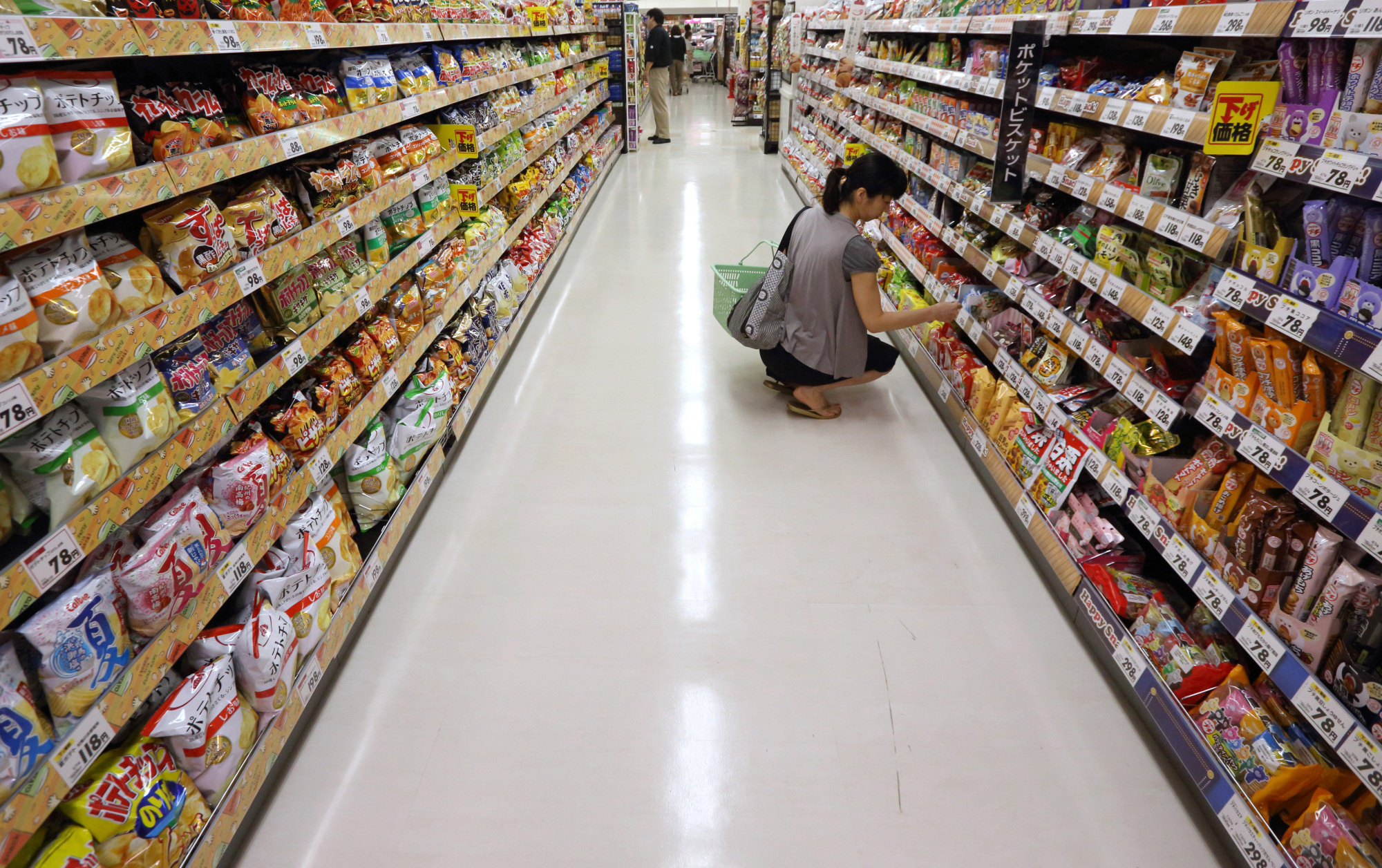In Japan, a phenomenon known as "shrinkflation" — an important economic countermeasure against inflation for businesses — has been catching the attention of consumers.
The term, coined by American economist Pippa Malmgren, describes what happens when manufacturers have to contend with higher costs but don't want to increase the prices of their products. What they do instead is decrease the size or amount of the product while maintaining a steady price.
The most prominent example of this phenomenon in recent years was confection-maker Mondelez's announcement in the fall of 2016 that it would reduce the weight of its popular Toblerone chocolate bars from 170 grams to 150 grams. Toblerone fans were up in arms — though mostly, it seems, because the change would alter the bar's distinctive shape. While experts say the practice of stealth price increases seems to have been going on for years, Toblerone's move is being considered part of the economic fallout of Britain's decision to leave the European Union. The so-called price increases by stealth are mainly triggered by a loss in the value of the pound against other currencies in the wake of Brexit.



